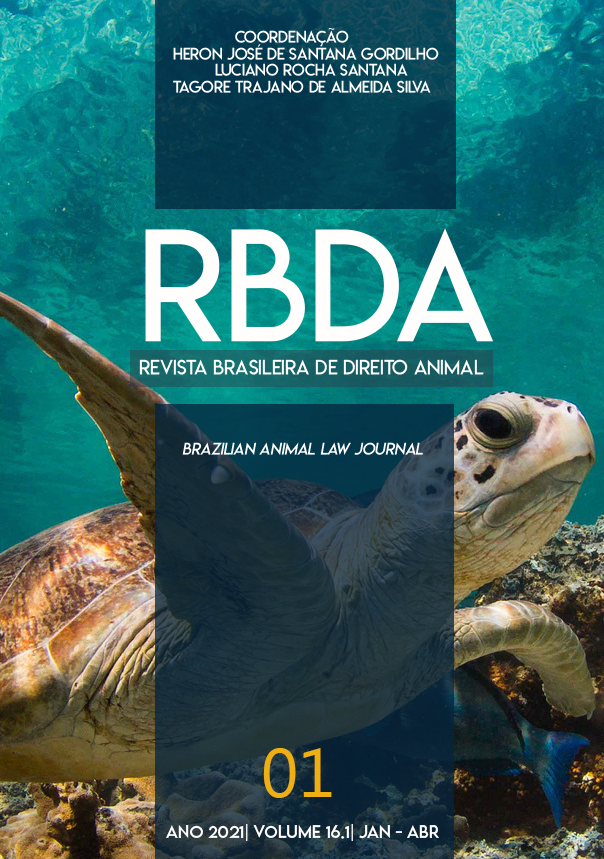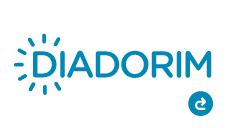PERCHÉ IL DIBATTITO ANIMALISTA È COSÌ ARRETRATO IN ITALIA
DOI:
https://doi.org/10.9771/rbda.v16i1.44530Resumo
In the brief notes that follow, we offer five reasons to explain the phenomenon, as widely evident as objectively odd, of the late coming of an animalist law culture in Italy, meaning: in the country where contemporary law and all Western systems of rights arose and spread all over in the “new world”. We will lead the reader into the ancient Roman law, from Imperial codes to later doctrina about due process and the rule of law. We will also lead up to the constitutions and codes of European Risorgimento. More, we will go on up to reach the Republican Constitution of 1948, focusing how that is an implicate model of integration among both human and fundamental rights, democracy and justice, basic ethical principles and collective goals, as well as of both egalitarianism and personalism. In this survey into Italian constitutional history and legal philosophy, we will try to let the reader dialogue with classical authors. Among others: Bobbio and the social personalism, Agamben and animal personalism, Martha C. Nussbaum and the frontiers of justice for animals, on the one side. On the other, author expecting a radical rediscovery. Among others: Aldo Moro and philosophers of law Pietro Martinetti and Cesare Goretti who anticipate-inspire Rawls, Habermas and Peter Singer.Downloads
Downloads
Como Citar
Edição
Seção
Licença
1. Autores mantém os direitos autorais e concedem à revista o direito de primeira publicação, com o trabalho simultaneamente licenciado sob a Licença Creative Commons Atribuição 4.0 Internacional que permite o compartilhamentodo trabalho com reconhecimento da autoria e publicação inicial nesta revista.
2. Autores têm autorização para assumir contratos adicionais separadamente, para distribuição não-exclusiva da versão do trabalho publicada nesta revista (ex.: publicar em repositório institucional ou como capítulo de livro), com reconhecimento de autoria e publicação inicial nesta revista.
3. Autores têm permissão e são estimulados a publicar e distribuir seu trabalho online (ex.: em repositórios institucionais ou na sua página pessoal) a qualquer ponto antes ou durante o processo editorial, já que isso pode gerar alterações produtivas, bem como aumentar o impacto e a citação do trabalho publicado.












